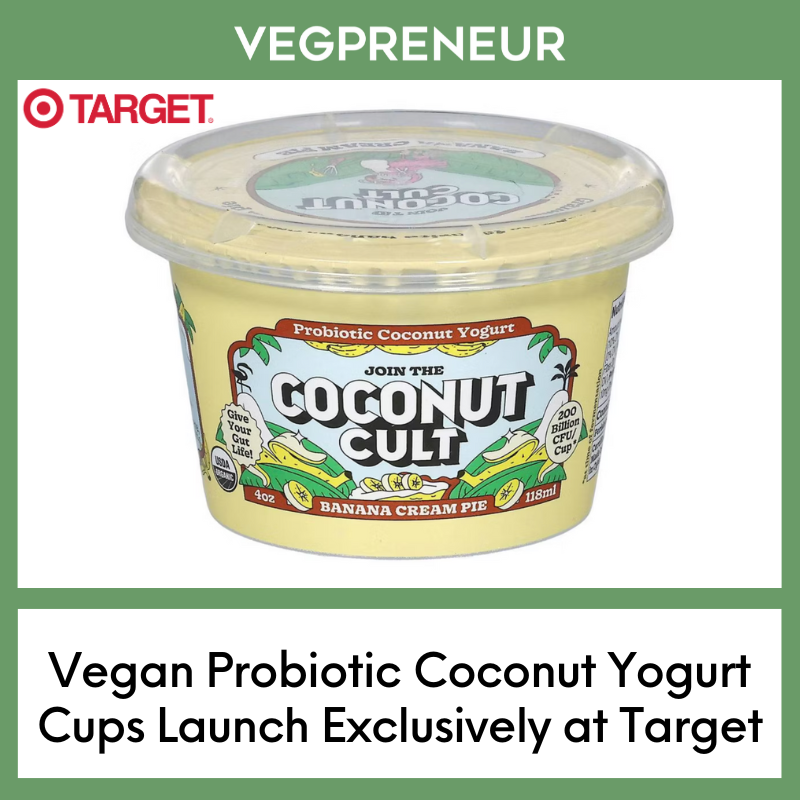What If Everything You Knew About Dog Nutrition Was Wrong?
Written by Claire Lucie Sonck
For decades, we’ve been told that dogs need meat to thrive. Pet food advertisements, industry marketing, and even many veterinarians reinforce the belief that meat is essential for canine health. But is this claim actually supported by science?
Despite the dominance of high-meat, ultra-processed pet food, chronic diseases in dogs are skyrocketing:
• 1 in 2 dogs will develop cancer.
• 59% of dogs are overweight or obese, increasing their risk of diabetes and heart disease.
• Millions suffer from inflammatory conditions like allergies, arthritis, and digestive disorders.
If meat-based diets are truly ideal for dogs, why are they getting sicker?
A closer look at scientific research reveals a different story—one that challenges long-standing myths and exposes the flaws in conventional pet food.
Are Dogs Carnivores? The Science Says No
A widespread misconception is that dogs are carnivores like their wolf ancestors. However, scientific evidence proves otherwise.
Genetic Adaptation to Starch – Dogs diverged from wolves between 27,000 and 40,000 years ago, undergoing genetic and physiological changes to thrive alongside humans. Unlike wolves, dogs evolved up to 30 copies of the AMY2B gene, enabling them to digest starch efficiently—an adaptation comparable to humans.
Evolutionary Diet – Archaeological and historical findings show that domesticated dogs have consumed plant-based diets since at least the Neolithic period. Their survival and thriving on plant-rich diets were not accidents; they were fundamental to their evolution.
Omnivorous Digestive System – Unlike true carnivores, dogs have molars designed for grinding plant material and a digestive tract longer than a wolf’s, allowing for efficient digestion of fibrous plant matter.
Official Classification – Dogs are omnivores, not obligate carnivores. This means they can obtain all essential nutrients—including proteins, amino acids, vitamins, and minerals—from plant-based sources.
Several studies have confirmed that dogs can thrive on well-balanced plant-based diets, with some, like Bramble, a Border Collie, living an astonishing 25 years on a plant-based diet.
The Canine Health Crisis: Is Pet Food to Blame?
If meat-based diets were optimal for dogs, we wouldn’t see an epidemic of chronic disease:
Cancer: 1 in 2 dogs will develop cancer.
Obesity: 59% of dogs are overweight, increasing their risk of heart disease and diabetes.
Allergies & Skin Issues: 140 million dogs suffer from allergies, many linked to diet.
Digestive Disorders: The rise of inflammatory bowel disease (IBD) is closely tied to processed pet food.
So what’s causing this crisis? The problem isn’t just meat—it’s the low-quality, highly processed nature of commercial pet food.
The Problem with Meat in Pet Food
Most commercial pet food relies on low-grade meat by-products—scraps from slaughterhouses that are considered unfit for human consumption. These remnants undergo extreme processing at high temperatures, destroying natural nutrients and producing carcinogenic compounds.
To compensate for this loss, pet food companies add synthetic vitamins and minerals—most of which are already plant-based.
This raises an important question:
If even “meat-based” pet food depends on plant-derived nutrients to sustain dogs, why not provide those nutrients directly from fresh, whole foods?
Moreover, scientific research has linked high meat consumption in dogs to increased inflammation, which plays a critical role in cancer, arthritis, and organ disease.
The Environmental Cost of Meat-Based Pet Food
The pet food industry isn’t just harming dog health—it’s also destroying the planet:
7 billion land animals are slaughtered annually for pet food.
Pet food production emits more greenhouse gases than the entire UK.
Meat-based pet food requires more water than Denmark’s total reserves.
25% of the environmental impact of the meat industry comes from pet food alone.
Switching just one dog to a plant-based diet for a year saves:
252 chickens
4 pigs
1 cow
Over a dog’s lifetime, this adds up to thousands of lives spared—while dramatically reducing environmental damage.
The Solution: Dogs Need Nutrients, Not Meat
Science confirms that dogs don’t need meat—they need nutrients. These essential nutrients can come from plant-based sources:
Protein – Lentils, quinoa, soy, and chickpeas provide complete amino acids.
Omega-3s – Flaxseeds, chia seeds, and algae oil replace fish-derived sources.
Taurine & L-Carnitine – Naturally found in quinoa, lentils, and spinach.
Vitamins & Minerals – Leafy greens, nuts, seeds, and whole grains offer superior nutrition.
A well-balanced, plant-based diet provides all essential nutrients—without the health risks associated with processed meat.
Rethinking Dog Nutrition: A Science-Backed Perspective
The evidence is undeniable:
✔ Dogs can thrive without meat.
✔ A plant-based diet reduces disease risk and promotes longevity.
✔ Eliminating meat drastically lowers the environmental impact of pet food.
As responsible dog parents, we have a choice. The shift to plant-based pet food isn’t just an ethical decision—it’s a scientifically sound choice for better health, a longer life, and a sustainable future.
Are you ready to rethink what’s in your dog’s bowl?
This article is based on over 250 published scientific studies on plant-based canine nutrition, pet food sustainability, and animal health. You can explore the full collection of research and data here: www.clairethedognutritionist.com/science.
About the Author
Claire Lucie is a CMA-registered canine nutritionist with over 500 hours of specialized training in canine nutrition. She has worked with dog parents in 65+ countries, helping them transition to fresh, plant-based diets that optimize health and longevity. Claire is a global speaker and educator, presenting at leading conferences including the AVA Summit in Los Angeles and the University of Edinburgh’s PHAIR conference. She is dedicated to reshaping the pet food industry with science-backed, ethical, and sustainable nutrition solutions.
Find more of her work at www.clairethedognutritionist.com and on Instagram: @clairethedognutritionist
Looking to take your business to the next level?
Become a VEGPRENEUR member today to access industry-leading events, mentors, resources, and a global community of innovators!














